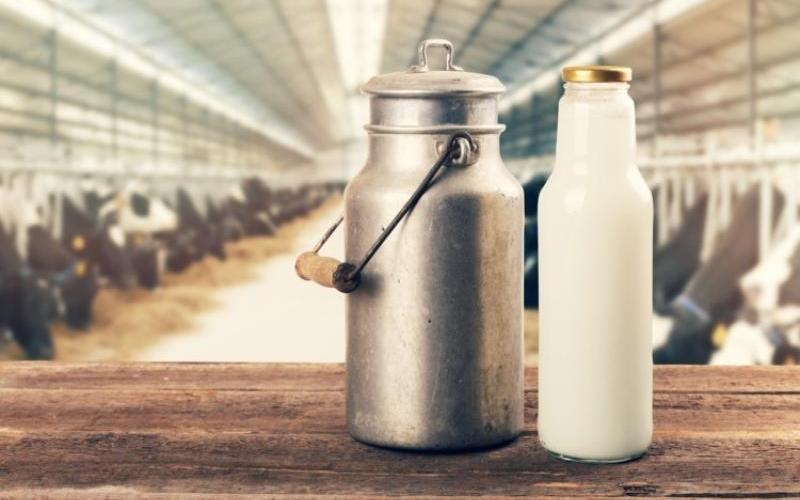Health Alert Issued Over Fake Cheese in Tabasco
Source: dairynews.today
In the state of Tabasco, Mexico, health authorities are scrutinizing the local cheese-making industry following the detection of at least 36 informal cheese producers allegedly using powdered milk or non-whole milk substitutes instead of raw cow milk.

This practice not only constitutes consumer fraud, providing a product with dairy substitutes instead of authentic cheese but also undermines the competitiveness and profitability of formal dairy producers adhering to quality standards.
The use of powdered milk and vegetable fats instead of fresh milk drastically reduces production costs for these informal operators. This unfair advantage allows them to sell adulterated cheeses at unsustainably low prices, driving down the value of raw milk and directly impacting the income of Tabasco's cattle farmers who invest in quality and animal health. The issue highlights the urgent need to strengthen sanitary oversight in the dairy value chain to protect primary producers. The Tabasco Health Department has increased verification and inspection operations to identify and sanction these businesses.
They focus on strict compliance with sanitary regulations and laws governing the composition of dairy products, like the Mexican Official Standards (NOMs). For the formal dairy industry, this action by authorities is vital to restoring consumer confidence and ensuring a fair market where the quality of milk determines the price. From a food safety journalism perspective, the proliferation of adulterated cheeses poses a public health risk if the substitutes used are not handled and stored properly. Therefore, traceability and certification of the origin of dairy products become essential tools. Educating consumers on the importance of verifying labeling and the real composition of the cheese they purchase is necessary, supporting producers who guarantee whole milk.
In conclusion, the detection of informal cheese producers using powdered milk in Tabasco is a wake-up call for the entire agro-industry. Combating dairy fraud requires coordinated action between authorities, the industry, and consumers. Protecting local raw milk and cheese quality are fundamental elements for ensuring the economic viability of dairy farming and nutritional health in the southeast region.
The use of powdered milk and vegetable fats instead of fresh milk drastically reduces production costs for these informal operators. This unfair advantage allows them to sell adulterated cheeses at unsustainably low prices, driving down the value of raw milk and directly impacting the income of Tabasco's cattle farmers who invest in quality and animal health. The issue highlights the urgent need to strengthen sanitary oversight in the dairy value chain to protect primary producers. The Tabasco Health Department has increased verification and inspection operations to identify and sanction these businesses.
They focus on strict compliance with sanitary regulations and laws governing the composition of dairy products, like the Mexican Official Standards (NOMs). For the formal dairy industry, this action by authorities is vital to restoring consumer confidence and ensuring a fair market where the quality of milk determines the price. From a food safety journalism perspective, the proliferation of adulterated cheeses poses a public health risk if the substitutes used are not handled and stored properly. Therefore, traceability and certification of the origin of dairy products become essential tools. Educating consumers on the importance of verifying labeling and the real composition of the cheese they purchase is necessary, supporting producers who guarantee whole milk.
In conclusion, the detection of informal cheese producers using powdered milk in Tabasco is a wake-up call for the entire agro-industry. Combating dairy fraud requires coordinated action between authorities, the industry, and consumers. Protecting local raw milk and cheese quality are fundamental elements for ensuring the economic viability of dairy farming and nutritional health in the southeast region.
Key News of the Week









